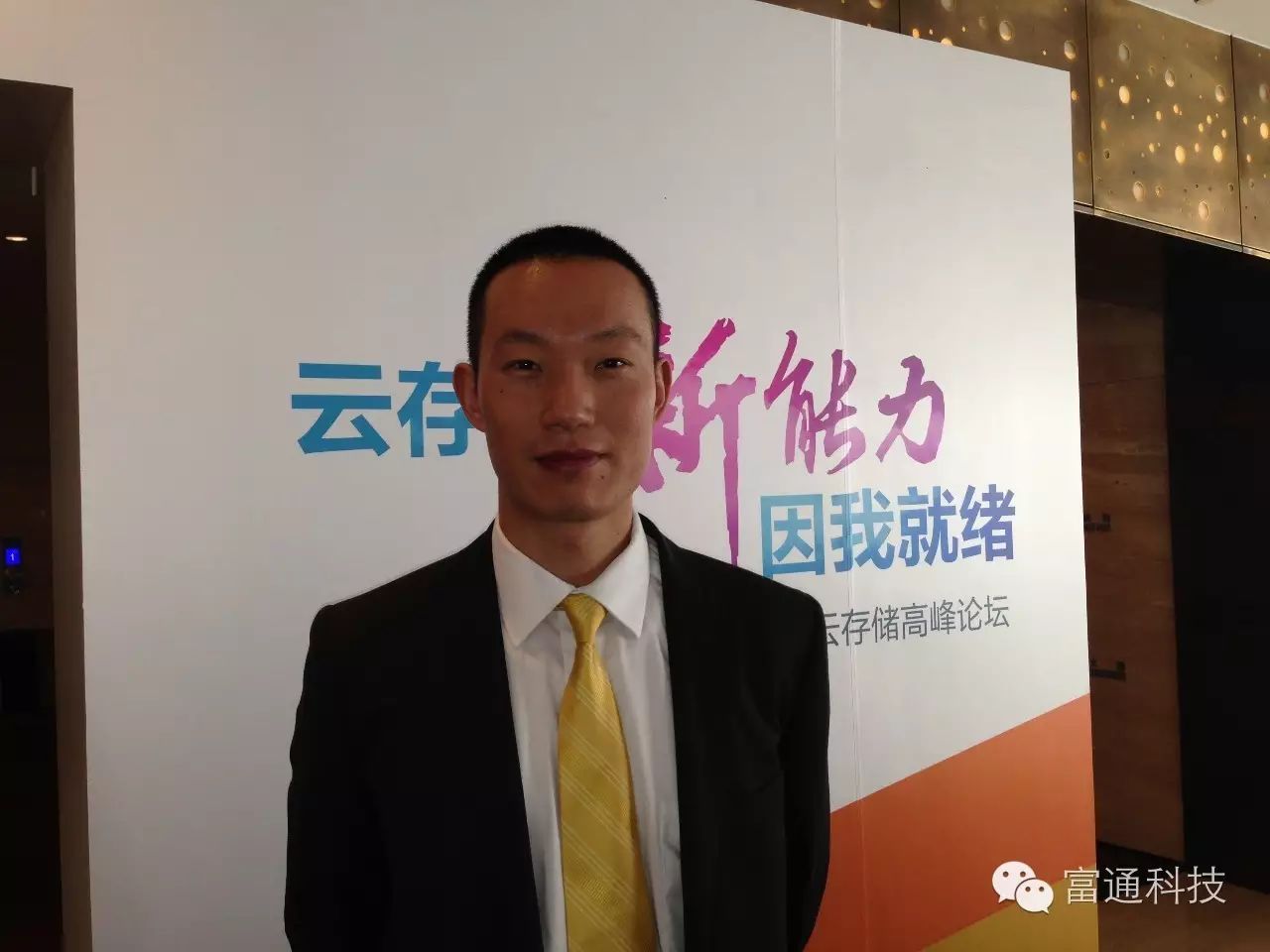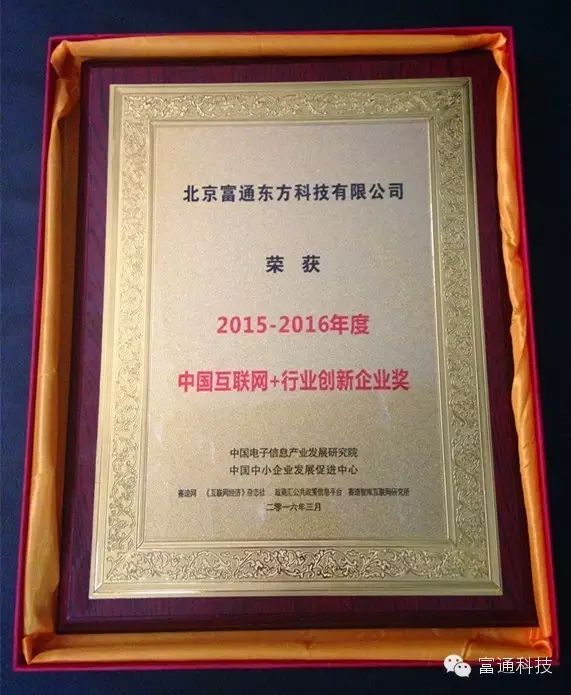From assisting other brands in shaping value to establishing its own unique brand value, Futong is also giving the concept of "value-added distribution" a definition that is distinctly different from the traditional IT sales industry chain during its business transformation process.
Recently, Futong's CTO Jin Wei was interviewed by the chief reporter Xia Tian from "Computer Products and Circulation," providing a detailed interpretation of how business value is reshaped during the transformation process.
Below is the main text of the article:
In the domestic channel circle, when the term "VAD" (Value-Added Distributor) is mentioned, the name that comes to most people's minds first is Futong. This company, which started as a distributor of IBM mainframes and has grown into a business with a scale of several billion yuan per year, serving as the national distributor for mainstream enterprise-level IT manufacturers such as IBM, Oracle, EMC, Huawei, and Sugon, is in the new era of IT redefining the role of "VAD" by shaping its own corporate value — rather than the value of the brands it represents.
Reshaping Distribution Value with Productized Services
Futong's need to redefine the value of value-added distribution arose when the value-added distribution model was mature. At that time, Futong realized that relying solely on the distribution agency business of other people's brands to support the entire company's operations would continuously weaken the company's competitiveness in the rapidly developing IT industry. To maintain or even enhance its value within the ecosystem, it is necessary to possess unique value under its own brand and reflect this unique value in the form of productized services, thereby becoming a growth point and competitive foothold for the company's future.
This is also the reason behind the existence of "Jiumen" cloud management solutions and "Shupu" storage systems, two of Futong's own-brand product lines in today's business portfolio. In addition to these, Futong has distilled the service experiences accumulated from its value-added distribution and direct system integration services for end-users, forming a productized service system that carries Futong's own brand.
Futong's productized services mainly revolve around five key areas — disaster recovery, data migration, BI and big data operations, system hardening, and resource integration, covering the entire lifecycle system of enterprise informatization processes.
Among them, data migration is the service with the longest history at Futong. During the process of IT system upgrades — whether due to business expansion, equipment renewal, or organizational changes — the need to migrate data from different platform systems to new systems is a long-standing requirement that spans the entire corporate lifecycle. Futong has the capability to provide customers with a complete data migration service, including initial consultation, confirmation of the scope, order, and risks of the relocation, up to and including the final implementation. From simple system upgrades to complex data center relocations, Futong possesses extensive experience in service implementation.
In other productized services, resource integration service is an elevation based on traditional system integration services — it involves consolidating the increasingly fragmented and dispersed business systems of large customers that have developed over the years of informatization, and migrating them to mainstream cloud platforms such as VMware and KVM. System hardening involves implementing software installations, patch upgrades, and remediation of security vulnerabilities within the customer's existing business systems, thereby making the entire IT environment more secure and robust. Disaster recovery services build upon the original services of storage vendors such as IBM, EMC, and Huawei, to provide cross-brand, cross-environment disaster recovery services.
Additionally, in response to new trend areas such as big data, Futong also provides customers with business intelligence and big data services. Futong's productized big data services primarily focus on analyzing logs within IT systems, realizing value for customers through common, productizable implementation algorithms. On the customer's business data side, in key industries such as healthcare and telecommunications, Futong has also gained extensive experience in providing business analysis models for customers.
Distributing Brand Value to Catalyze the Ecosystem

Futong CTO Jin Wei
At Futong, the establishment of productized value for its own brands is still in its infancy. According to Futong CTO Jin Wei, currently within Futong's business system, 80% of the business is still direct and indirect sales of represented brands, as well as related service businesses, and the business volume generated purely by its own products still only accounts for a small part of the entire company's business. However, within Futong's value-added distribution ecosystem, the productized services that only account for a small part can play the role of catalyst that promotes the smooth and healthy operation of the entire supply chain.
In most cases, productized services can complement the value-added services provided by downstream channels, especially the SI (System Integrators) and ISV (Independent Software Vendors) that offer customized software and services to customers.
For upstream partners—IT infrastructure and platform vendors, services including data migration are more conducive to the implementation of more projects. "Futong's cooperative relationship with Huawei has developed rapidly in recent years. Huawei hopes that distribution-level partners can, through the added value of value-added services, combine with Huawei's products to achieve a goal where one plus one is greater than two," said Jin Wei. "If the productized services can satisfy downstream channels and customers, and do things that upstream manufacturers want to do but cannot, the stickiness between manufacturers and value-added distributors will also be higher.
"Under the original operational model from the perspective of a product distributor, Futong relied more on the brand effect of the original manufacturers. However, if we look at the long-term perspective and start from shaping our own value system, it is necessary to develop our own partner ecosystem, especially those partners who have a direct connection with Futong's own products and services," Jin Wei introduced.
Facing the public cloud business domain, Futong is also attempting to innovate its business model. Futong collaborates with public cloud vendors to provide services that help customers migrate from traditional IT environments to public cloud environments. In addition, Futong partners with more small and medium-sized enterprises in the cloud and big data sectors that are innovative, offering cloud value-added services such as virtualized disk arrays in public cloud environments. Jin Wei introduced that currently, Futong has established cooperative relationships with leading public cloud service providers such as Alibaba Cloud and AWS, and has achieved business breakthroughs in industries like broadcasting and television. This focus on a specific segment within the cloud industry, with its unique value, will undoubtedly aid in the expansion of the distributor's cloud ecosystem.
From assisting other brands in shaping value to establishing its own unique brand value, Futong is also giving the concept of "value-added distribution" a definition that is distinctly different from the traditional IT sales industry chain during its business transformation process. In the traditional IT channel system, the "value-added" in "value-added distribution" mostly refers to the enterprise-level business field of the products it represents. However, in the "value-added distribution" business that Futong is engaged in, the significance of "value-added" is more reflected in creating and embodying the value of its own brand during the distribution process, which is entirely different from the traditional meaning of value-added distribution. In the new value-added distribution system, the role of the value-added distributor will be even more irreplaceable.
Author of this article:
Chief Reporter Xia Tian from "Computer Products and Circulation"







